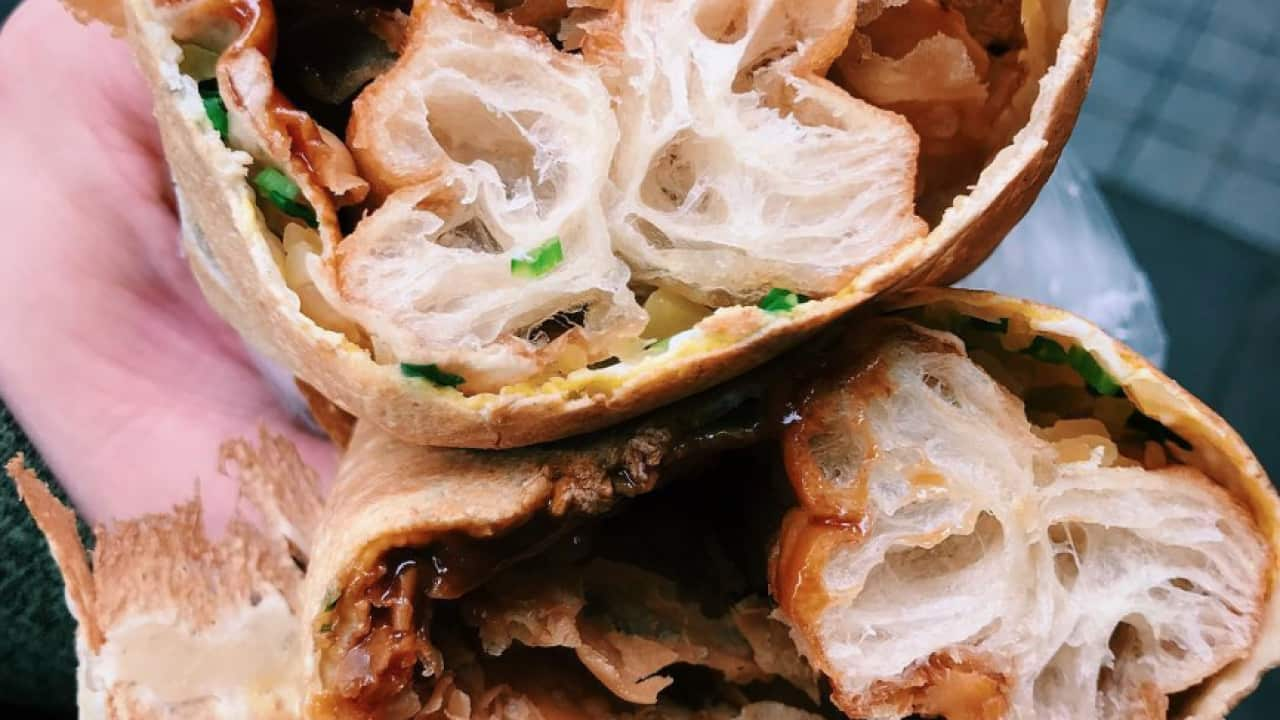If the thought an all-day breakfast lifestyle melts you faster than a fresh knob of butter disintegrating on a hot pancake, then maybe you’re a breakfastarian in the making.
Although this new eating trend may sound slightly eccentric, a research review on breakfasts, published in suggests that breakfastarianism is shaking up traditional notions of what the rest of us eat during the day.
“The rise of the ‘Breakfastarian’ – the consumer who wants to have the opportunity to eat breakfast items all-day long is helping blur to traditional boundary between what we think it appropriate to eat at different times of day,” the review reads.
A breakfastarian, according to the Urban Dictionary, is a person who only eats breakfast foods.
The superiority of breakfast is undisputed, being hailed as the most important meal of the day in the way that it provides us with the energy we need to sufficiently work and play for hours ahead.
But is a breakfastarian lifestyle really a healthy one?
Spokesperson for the , Lisa Donaldson, says it depends on the nutritional value and quality of a meal, not whether you call it breakfast or dinner.
“There is no issue with eating a vegetable packed omelette with a slice of wholegrain toast and avocado at any time of the day,” says Donaldson, an Accredited Practising Dietitian. “In a meal like that, it’s balanced, nourishing and healthy.
“The problem arises when the chosen meal is a highly refined cereal or a ‘fry up’ of bacon, sausage and egg – these options can be low fibre and lacking some key nutrients.
“Rather than setting rules for breakfast, lunch and dinner, it all comes down to dietary variety. Each meal should also contain some protein, health fats, carbohydrates and vitamin and mineral containing foods to support the body’s functions.”
READ MORE

9 reasons to eat rice for breakfast
Inject cultural variety in your breakfast meals
The concept of breakfast varies culture-to-culture, so it goes without saying that you could introduce greater nutritional variety into your diet by tapping into foreign breakfast recipes.
For example, although congee is traditionally served as a Chinese breakfast meal, could be eaten for dinner. The Middle Eastern dish, shakshuka – made with eggs poached in tomato sauce with onions and spices could also fit a lunch menu.
“There is, undoubtedly much cultural variation in the kinds of foods that different people like to eat at different times of day, as anyone who has stumbled across the sticky, slimy fermented soy bean dish known as at the breakfast buffet in Japan will know only too well,” the review reads.
“In fact, it would seem likely that there are more pronounced differences in how appropriate we find it to eat different foods at this time of day, as compared to at others, such as, for lunch or dinner, say.”
The introduction of culturally diverse foods onto breakfast menus is also changing our breakfast styles. The review says that ‘ethnic foods’ are actually increasing in popularity while traditional Western breakfast foods like scrambled eggs, cereal and orange juice or no longer on-trend.
“The very texture of breakfast is being transformed [because of multicultural food influences],” the review reads. “It used to be that breakfast was smooth and soothing – think of soft scrambled eggs, buttered grits, custardy French toast, varieties of benedicts, . Today’s textures (and tastes) are turning aggressive – crunchy fried chicken, sriracha, , chimichurri, coarse 10 cereal. Smaller chains and independents are creating weightier breakfast items that qualify as round-the-clock meals.”
Breakfast menus are also packing a vegetarian punch and featuring foods that used to only be eaten at lunch or dinner. Over in the UK, started selling ready-made breakfast salads last year. Salads included vegan grains with miso dressing, stir-fry whole wheat noodles and a Eggs Florentine breakfast salad pot featuring boiled eggs, red rice, quinoa, spinach and Hollandaise sauce.
Buddha breakfast bowls packed with raw vegetables, tofu, kale and salmon fillets are popular in Australia. Oven-cooked bean dishes can also put a main meal spin on the traditional ‘baked beans’ breakfast recipe.
“We are so lucky to have access to a variety of quality ingredients here in Australia,” says Donaldson. “What we need to focus on when creating all of our meals is ensuring we steer clear of processed and pre-packaged foods and creating nourishing meals from whole foods.
“…Eating breakfast improves alertness, concentration, mental performance, mood and memory – and if it is a meal that includes vegetables, that’s fantastic!”







